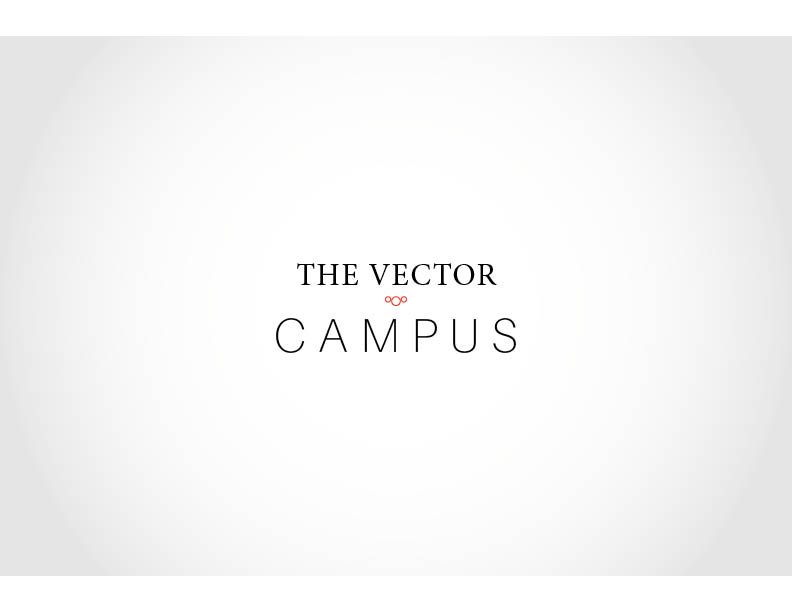On Wednesday, April 5, the Student Senate debate took place in GITC 1100. This event served to inform students about each of the candidates’ platforms and to guide them in voting next week.
The format of the debate was as follows: For each position, all the running candidates would sit at a front table. Each person would be allotted time for a brief introduction. Then, there would be time for candidates to answer questions. Finally, candidates would close with a rebuttal statement.
For the minor positions, such as college representative, the amount of time for each portion was less. However, the debates increased in duration for the E-board members, and even more so for Senate President. The candidates were under strict time pressure, as one of the moderators would call out “30 seconds left” or “time” at the appropriate points in each round.
Students anywhere on campus could ask questions that would be included in the debate. They could anonymously text their questions for the moderator to read them aloud. Furthermore, students could direct questions specifically to one of the candidates. This made the debate more interactive and brought to light some of the concerns eld by the student body.
This format allowed time for all of the candidates to speak; however, some believe it could be improved.
David Nageh, a second year biology major, said that “Some of the questions should be situations. The host would draw out a situation and ask the candidates how they would respond to that situation. All in all, with these changes, the candidates can better identify themselves and really show who they are and [what] they would do.”
Maliha Mathew, another second year biology major, believes the debate could have included more specific questions about the student body to see which candidates really are connected to campus, “Aside from whatever organizations they’ve been a part of, it would be beneficial to see what efforts the candidates have made to reach out to part of campus they’ve never been a part of in preparation for their potential role.”
The candidates all shared their own ideas on addressing some of the concerns the student body has about Senate including a lack of transparency, a sense of exclusion, and a general disconnect from the student body.
Third year mechanical engineering major Angela Chisholm, who is running for Public Relations manager, suggested increasing office hours for Student Senate members. She believes that welcoming students is the duty of E-board members and senators.
Johny Yaccoub, a Presidential candidate and dubbed “an outsider” by other candidates due to not having been as involved in Senate as other candidates, argued why his outside perspective is essential to transforming Senate. He also discussed a plan for the parking deck where an open spot would have a green light above it and a closed one would have a red light above it. Yaccoub says this would alleviate traffic and also promote safer driving within the deck.
Renee Collins, another Presidental candidate for Senate, hopes to improve Senate’s efficiency and image on campus. As the current Editor-in-Chief of Nucleus Yearbook, Collins has succeeded in meeting with every club on campus to learn more about each one as well as any issues they currently have about Student Senate.
Mark Neubauer, another Presidential candidate, is driven to enact an open-door policy for the new Senate office while continuing large-scale campus improvements. The improvement of Campus Center furniture, inside and outside, have been a result of campus beautification efforts led by Neubauer.
The relocation of the Senate office was referenced by almost all Presidential candidates. Beginning in the Fall 2017 semester, the Senate office will be located in the first floor of the Campus Center, where the bookstore currently is. Right now, the office is on the fourth floor of the Campus Center, a location that not many students frequent.
With the relocation of the office, many hope that Senate will have an increasingly active role on campus. Instead of being tucked away on the quiet fourth floor, it will be in the middle of the bustling first floor, where many students pass by. It will have the increased transparency – both literally and figuratively – that many of the candidates placed a high value on.
David Nageh adds, “There is this idea that senate is ‘exclusive,’ and that if you are not on it then you have nothing to do with it. Transparency is important for any administrative group, so to hear that the candidates want to improve upon that shows me that they are really looking for the better of the administration.”
Voting for elections will occur on Monday, April 10, and Tuesday, April 11. Polls are on the Campus Center first floor.




































